We All Have “Barn Chores”
We all do it. We avoid some aspect of our work because the task itself, while a noble one, seems inconsequential to moving the financial needle. Yet, fundamental issues go undetected by mistaking the “chore” itself with the impact it could have on the business.
Here's an example:
Cleaning out the barn.
I work with a multi-generation, family-owned dairy farm. Among the inefficiencies I uncovered as I aimed to address profitability, was disorganization. Starting with the cluttered barn. No matter who was looking for supplies, it always took way too long - a costly problem that no one could see. Naturally, “clean out the barn” was assigned to one of the owners. Yet, that item on the to-do list was resisted because it felt like another “barn chore” versus the barrier standing between profit - and significant loss.
So I put it to them more specifically. “Your annual loss of $1.25 million comes down to losing $137 an hour. Change how you use that hour by putting everything in its place, so you can find it.” Minutes translate to hours, of course. That barn got Marie Kondo’d pretty quickly.
Here’s another:
Just a few more customers.
In working with a multi-location wellness studio, we reviewed the number of appointments and the sales associated with those appointments at the end of each day. Those metrics were then used to calculate monthly benchmarks, in terms like “we need $15,000 more in sales per studio, per month, to meet our goal.” But when presenting these monthly aspirational milestones, the studio manager’s eyes would often glaze over. I knew she needed new framing.
“This equates to just three more customers per day, or five more packages sold per week, per studio.” Suddenly, her daily motivation changed because we reframed and simplified it to an easily achievable number. Yet, the goal was the same.
Reframing is powerful for people. We each need to understand how big outcomes start with small actions, and that language varies. Finding it is the key to more cash flow, productivity and even better culture.
I’ve been told that this ability to break things down into small parts, parse out what isn’t connected from what is, while creating definable solutions, is my secret sauce. And it may be. But the truth is, we all need this kind of external voice in our lives - and businesses - because when we conflate issues, we lose the thread on the problem we’re actually trying to solve.
As I said in a previous note, it’s hard to see the writing from inside the bottle. Hit me here if you’ve got a pesky issue that won’t resolve. Let’s see if there’s a new framing that could help.
As usual, I’m on the road but always within reach.
Best,
BG

